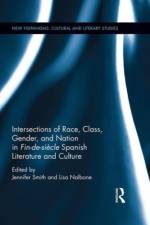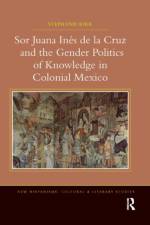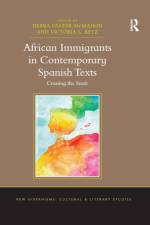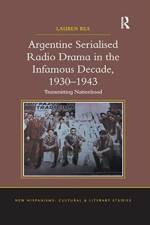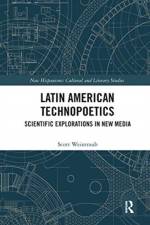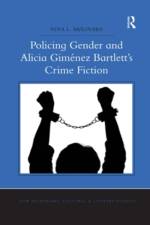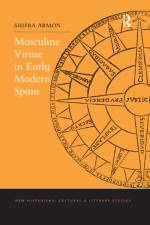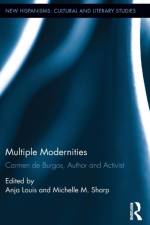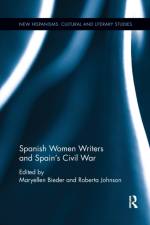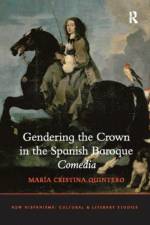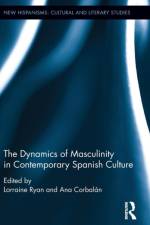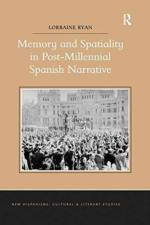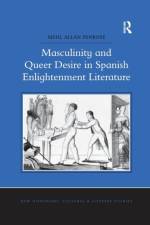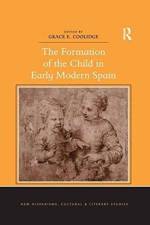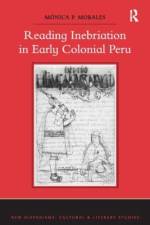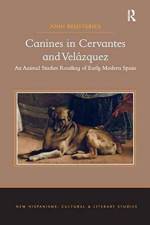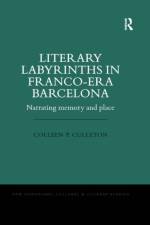2 165,-
This volume focuses on intersections of race, class, gender, and nation in the formation of the fin-de-siècle Spanish and Spanish colonial subject. Despite the wealth of research produced on gender, social class, race, and national identity few studies have focused on how these categories interacted, frequently operating simultaneously to reveal contexts in which dominated groups were dominating and vice versa. Such revelations call into question metanarratives about the exploitation of one group by another and bring to light interlocking systems of identity formation, and consequently oppression, that are difficult to disentangle. The authors included here study this dynamic in a variety of genres and venues, namely the essay, the novel, the short story, theater, and zarzuelas. These essays cover canonical authors such as Benito Pérez Galdós and Emilia Pardo Bazán, and understudied female authors such as Rosario de Acuña and Belén Sárraga. The authors included here study this dynamic in a variety of genres and venues, namely the essay, the novel, the short story, theater, and zarzuelas. The volume builds on recent scholarship on race, class, gender, and nation by focusing specifically on the intersections of these categories, and by studying this dynamic in popular culture, visual culture, and in the works of both canonical and lesser-known authors.

